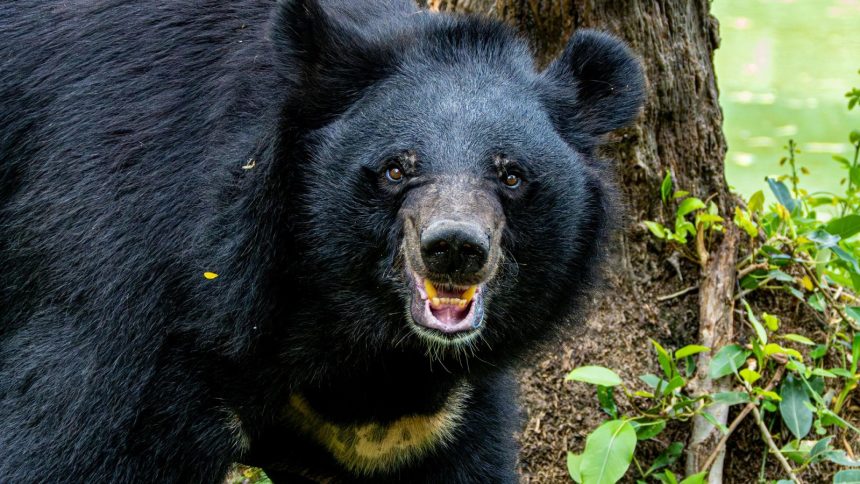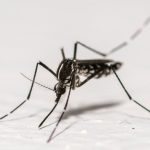Researchers in Japan have developed an artificial intelligence system designed to predict where bears might appear, as the country continues to grapple with a rise in encounters between humans and the animals.
As reported by The Mainichi, the project is being led by a team at Tokyo’s Sophia University, which has created a model capable of estimating the likelihood of bear appearances within specific one-kilometer areas using past sighting data and environmental conditions.
So far, the system has achieved an accuracy rate of “over 60% precision,” giving local authorities a new way to anticipate when and where bears could emerge near towns or residential areas.
Researchers use AI to predict bear sightings
The AI draws on data from motion-triggered cameras in forests alongside environmental and seasonal factors such as food availability and previous sightings. While the accuracy isn’t perfect, researchers say it could still help prevent attacks and reduce panic in regions where bear sightings have become increasingly common.
Japan has seen a sharp rise in bear incidents in recent years. From April to November 2023 alone, there were 193 reported attacks nationwide, leading to 212 injuries and six deaths – the highest figures since official record-keeping began.
It’s hoped the AI technology will prevent future bear attacks.
Some local governments, including those in Toyama Prefecture, have already begun experimenting with camera-based AI systems to detect bears in real time and send alerts to residents.
Sophia University’s predictive model expands on this approach, focusing on risk forecasting rather than detection. The research team told The Mainichi that with more data and regional cooperation, the system could eventually form the basis for a nationwide early-warning network, one capable of keeping both people and bears out of danger.













